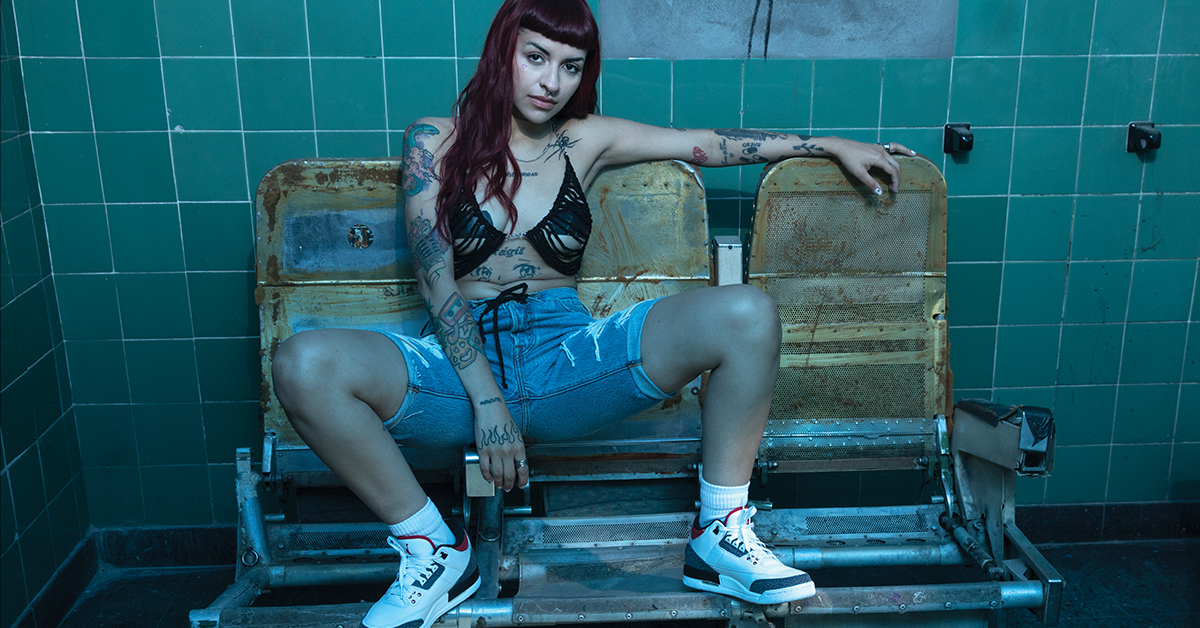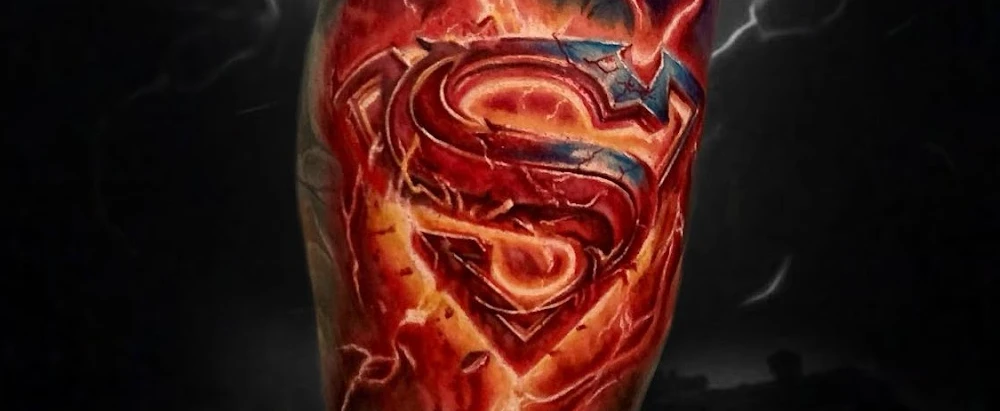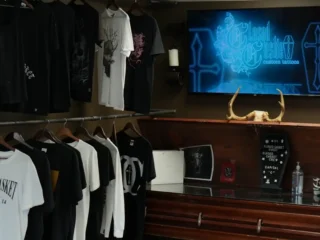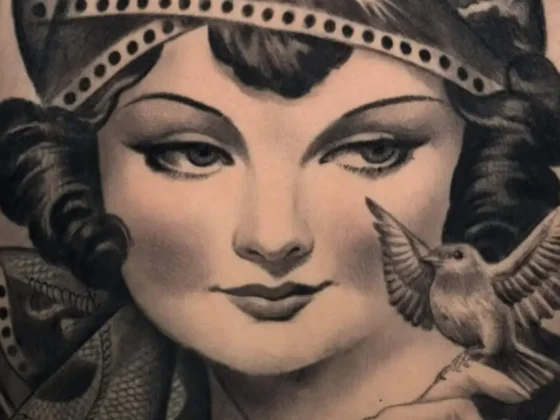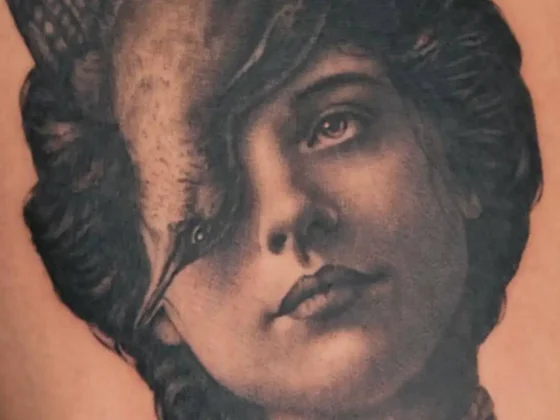Inked Mag Staff
March 26th, 2021
The Queen of Latin Trap
Cazzu burst through the glass ceiling of Latin trap music and now she’s ready to take on the world.
by Lucas Villa
Latin trap and reggaeton music is known for its Puerto Rican roots and the male artists that largely dominate both genres, but things are changing thanks to the hard work of women like Cazzu. In only five years, she has solidified her place as Argentina’s queen of Latin trap music and put her country on the map. Cazzu is one of the women leading the way for female artists in the Latin hip-hop scene while giving it an alternative makeover.
“Cazzu says things with honesty and without fear,” the singer says. “Above all, she’s a girl from Northern Argentina who is trying to leave her footprint in a very male-dominated scene.”
Argentina, at the tip of South America, is a country that’s underrepresented in the current Latin music scene. Cazzu is changing that. Since breaking out in 2017, Cazzu’s YouTube channel has earned nearly a billion views. Last November, she was recognized by the U.S.-based Latin Recording Academy with a Latin Grammy nomination for Best New Artist.
“For us as artists, [the Latin Grammys] are the most important because there’s qualified people who are determining if you’re good enough to be there,” she says. “It was a dream to see that I was being recognized, not only by the public, but also the Academy.”
Cazzu is known for making her mark on the emerging Latin trap scene, but throughout her career, she’s dabbled in many genres. Before she was Cazzu, she was Julieta Cazzuchelli, from the town of Ledesma in Argentina’s Jujuy Province. Her father was a musician and music was always present in her house. To get her start in music, Cazzuchelli was recording Cumbia music under the name Juli K. “Cumbia was the pop music of my country,” she explains. “At that moment, [Latin trap] didn’t really exist, so I started out with Cumbia.”
After Atlanta-based trap music blew up in the last decade, the genre worked its way through Latin America, eventually landing in Argentina. “I feel like trap is a result of reggaeton and hip-hop,” Cazzu says. “[Hip-hop] has always been a scene that’s moved me. It was an evolution. I went from Cumbia to reggaeton, experimenting a bit. The hip-hop scene was growing more in the country, and suddenly, I found my most comfortable moment in trap. When trap started to be heard around the world, we translated that into Spanish.”
After finding her place in Latin trap music, Cazzu’s persona was born. In 2017, her music’s reach went beyond Argentina when she featured on the sensual “Loca” with local rappers KHEA and Duki. The trio got an extra boost when Puerto Rican superstar Bad Bunny jumped on the remix. “That [song] opened doors for us as international artists,” she says. “It became something that today we can say is the door for the history of the trap scene in my country.”

Cazzu has clearly been inspired by artists working in many musical genres, but a few names she lists are reggaeton music pioneers like Daddy Yankee, Wisin & Yandel and Julio Voltio. She particularly lights up when talking about Canadian pop-punk rocker Avril Lavigne. “She was one artist who totally impacted my life,” Cazzu says. “Her career was booming when I was a kid and that shaped a bit of my personality in a way.”
On Cazzu’s major-label debut album, 2019’s “Error 93,” Lavigne’s influence can be heard on the sinister-sweet “Mucha Data,” or “Many Data,” where she flexed about having guys blow up her phone. In the music video for the atmospheric “Nada,” or “Nothing,” the tattooed singer is dressed like a red devil wielding a fireball. Rising reggaeton singers Lyanno, Rauw Alejandro and Dalex featured on the track that has over 247 million views on YouTube. “Linkin Park’s music and nu-metal were a big influence for me,” Cazzu says.
“Reggaeton as well. I tried to create a combination with both genres. I believe I achieved that well [with ‘Error’] and at that time, I explored other genres like alternative, a bit of new wave, trap, hardcore. A bit of everything.”
When the COVID-19 pandemic hit at the start of 2020, Cazzu shifted her sound on her follow-up album, “Una Niña Inútil” (“A Useless Girl”), to something she felt was more appropriate for the times. “R&B is still underground in my country and in Spanish,” she says. “There’s a lot of great artists, but the mainstream ones aren’t doing R&B music. The quarantine seemed like a great time [for an album] people could listen to and enjoy because they can’t go to the clubs or go out.”
In the music video for “Miedo,” or “Fear,” Cazzu pole-dances and twerks to the trap-lite track with an R&B edge. She pines for her lover who she’s consumed with to an unhealthy extent. Cazzu was able to become more vulnerable in this genre, and she played with the theme inspired by the poem “Una Niña Inútil” by feminist Argentine poet Alfonsina Storni. “[This album] was more explicit with feelings, like, honest feelings,” Cazzu says. “To say things with no filter. To be able to communicate emotions that may not be correct or exemplary, but are true emotions.”
Recently, Cazzu has embraced Latin trap with a pop twist as part of fierce all-female collaborations with Argentine pop princess Lali on “Ladrón (“Thief”) and rising singer Maria Becerra on “Animal.” “I have a lot of respect for [Lali] and it was an honor that she invited me on her album [‘Libra’],” she says. “Maria Becerra is very sweet and new, but she’s breaking through. She’s incredible with what she does.”
As Cazzu sees more women enter the Latin trap and reggaeton realm, it gives her hope for the future. “[The scene] has advanced so much,” she says. “We’re raising awareness to normalize that women know how to make music. I think it’s important that we’re evolving the way we’re thinking and forgetting the old limitations. Normalize the girls in music!”

photo assistance by patricio campinifashion styling by jorge leonmakeup by paz sykeshair by mae ludueña for casa vardoospecial thanks to Levis, Saint Luki, Espíritu, Santo Design, Limido Joyas, Keak y Mery playas trajes de baño. location by saldias polo culturalgeneral prodiction by belizan leonardoproduction by florencia rafaelle
Editor's Picks
Bridging Classical Art and Modern Tattooing
Esteban Rodriguez brings the discipline of classical fine art to the living canvas of skin, creating hyper-realistic tattoos that merge technical mastery with emotional depth.
Show Your Ink Fashions Brings Custom Style to Tattoo Culture
Show Your Ink Fashions creates custom shirts designed to showcase your tattoos as wearable art, blending fashion with personal expression.
The Ultimate “Superman” Tattoo Roundup: Just in Time for Superman’s Return to Screens
With Superman’s big return to theaters, fans are revisiting some of the most iconic ink inspired by the Man of Steel.

